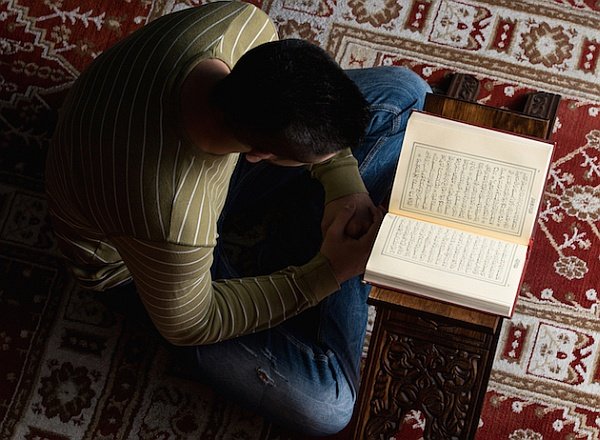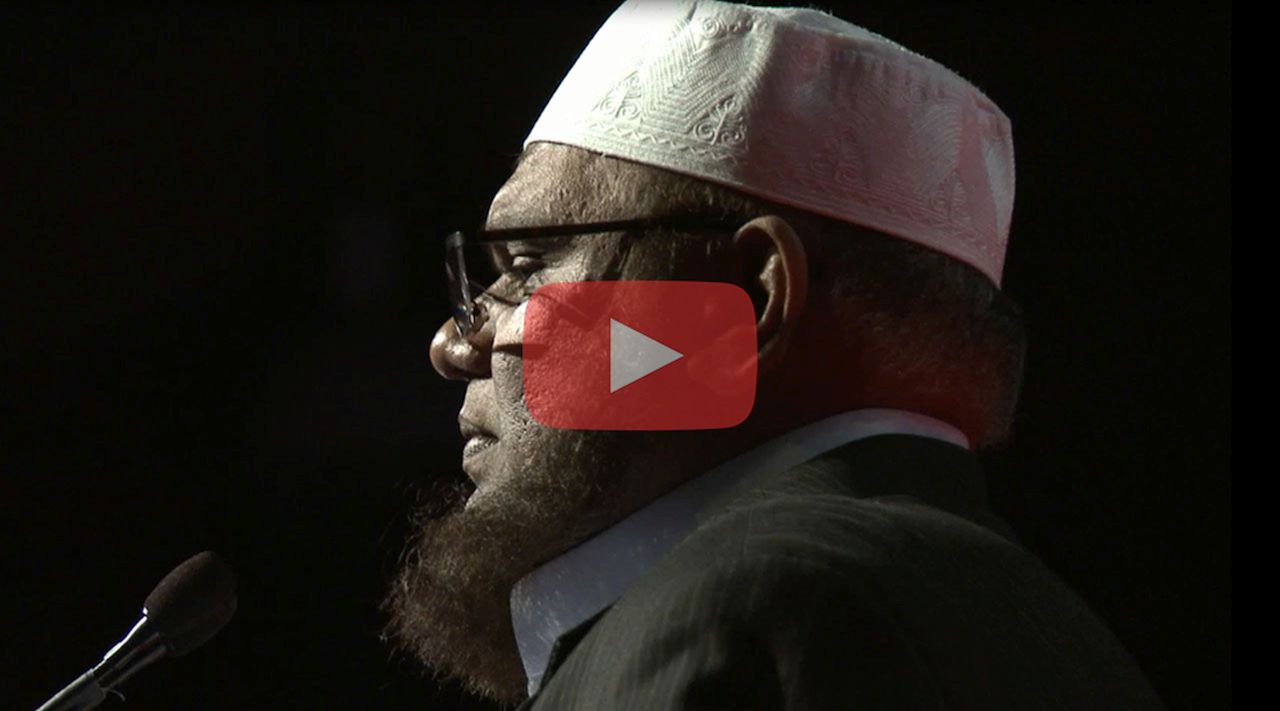Editor’s note: How to tell if one deed is better and more rewarding than another?
Dr. Wael Hamza discusses in this series a number of criteria that helps finding the answer.
In part 1 he highlighted the importance of the heart actions and the essence of deeds. This part explores 5 more criteria to determine which deed is best.
“Iman (faith) is some seventy (or some sixty) branches, the highest of which is (to testify that) there is no god but Allah, and the lowest is removing (any source of) harm from the road. And modesty is a branch of Iman.” (Muslim)
Obligatory Deeds
The Prophet (peace and blessings be upon him) said that Allah Almighty said
“My servant has not got closer to me with something more beloved to me that what I made an obligation on him …” (Al-Bukhari)
This clearly states that what Allah made an obligation upon us is the best thing that can gets us closer to Him. Therefore, our focus should be on our obligations more than it is on what is optional.
Obligatory acts take priority over optional acts. Although optional acts of worship play an important role in getting us closer to Allah and in making us excel in our obligations, they really take a much lower priority when compared to the obligatory actions.
A good example to demonstrate this is the example of a student who must study a few books to pass an exam. His teacher suggests to read a couple of extra books to be able to master the subject and excel in the exam.
The student, responding to his teacher’s advice, started studying the extra books and put most of his focus on them. He did not put enough effort in the original books he is required to study. As a result, he failed the exam.
That is exactly what we do when we put our effort and time in optional acts ignoring what Allah obligated us with.
Even within the obligations, one should focus on the type of obligation that Allah made upon him individually; these are called wajib `ayni (individual obligation). These take precedence over wajib kifa’i (collective obligations); those obligations that must be fulfilled by Muslims as a community.
Furthermore, some of the collective obligations are more obligatory on one more than they are on others. For example, if you are a physician, you are obligated to play a role in the health of the community more than others. Those with Shari`ah knowledge are more obligated to teach and preach than others.
Fulfilling your individual obligations and community obligations that you can do better than others takes more priority and requires more focus than the optional and extra actions. Again, this by no means undermines the importance of and the reward resulting from optional actions. Rather, it just assigns them the right priority when compared to obligatory actions.
Character Related Deeds
Actions that are related to character have a very high priority and require more focus from us. The Prophet (peace and blessings be upon him) in one of his Hadiths stated that he has been sent only to perfect the honorable manners, bringing our attention to the importance of the Muslim character. He said in another hadith that the most perfect in faith are those who are best in character. (Abu Dawud and At-Tirmidhi) He also said,
“(Actions that) admit people to Paradise the most are the consciousness of Allah (Taqwa) and the good character.” (At-Tirmidhi)
He informed us that those who perform rituals while dealing with people with bad characters are clear hypocrites. These and many other quotes brings to our attention the importance of our character and the need to put focus on improving it. Ibn Al-Qayem (may Allah be pleased with him) said, “Religion is character; so, whoever exceeds you in character exceeds you in religion.”
Deeds That Benefit Others
When setting our priority and deciding our focus, we should consider that the actions that benefit others gives more reward. That is why calling people to Allah and guiding them to His path is the most noble job ever; that is the job of Allah’s messengers. Allah says,
{Who is better in words than he who calls people to Allah and acts righteously and say I am from the Muslims.} (Fussilat 41:33)
That is why when the son of Adam dies, his actions stop except knowledge that benefits others, a righteous child praying for him, or a running charity that keeps benefitting others.
Ibn `Abbas said, that the Messenger (peace and blessings be upon him) said that it is better for someone to walk in the service of his brother than to retreat in the Masjid for ten years. He narrated this hadith when he quit his retreat to help a friend pay his debt when his friend was surprised that Ibn `Abbas dismissed his retreat in the Masjid of the Prophet to help him.
Page 1 of 2

